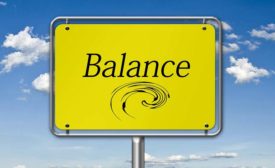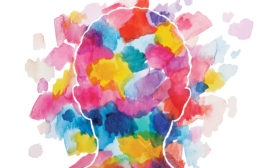Home » stress management
Articles Tagged with ''stress management''
How to cope with mass shootings, gun violence
Includes advice on how to talk to kids, calls for public health approach to gun violence
October 6, 2017
Reduce workplace stress - A series of guided meditations
An introduction to mindfulness meditation in the workplace
September 8, 2017
It’s time to take care of mental health issues
Tackling the last workplace taboo
May 1, 2017
Become a Leader in Safety Culture
Build your knowledge with ISHN, covering key safety, health and industrial hygiene news, products, and trends.
JOIN TODAYCopyright ©2024. All Rights Reserved BNP Media.
Design, CMS, Hosting & Web Development :: ePublishing









